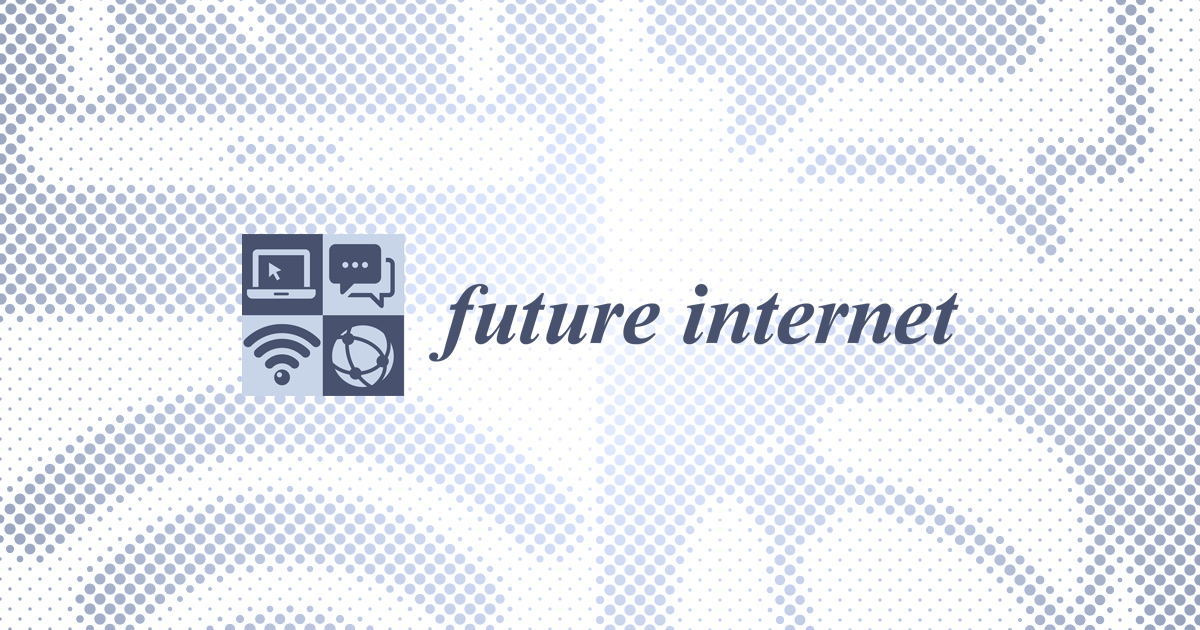Edge environments typically involve multiple stakeholders and the management of decentralized devices and resources, presenting significant challenges related to the assurance of data security, real-time processing, and efficient coordination. To address these complexities, this Special Issue presents interdisciplinary research on the application of Blockchain and Artificial Intelligence (AI) technologies within edge environments. The contributions cover a diverse range of application domains, including drone swarms, agriculture, smart grids, construction, and healthcare, demonstrating how Blockchain and AI technologies can enhance performance, security, and coordination efficiency in these domains.
Koulianos et al. [
1] propose the application Blockchain and smart contracts in secure communication and formation control for drone swarms. The smart contracts facilitate a leader–follower-based approach to coordinate and assign missions to the drones. Ahuja et al. [
2] present a smart-contract-based seed supply chain management solution that enhances transparency, traceability, and trust among trust-less parties in the supply chain, including breeders, government agencies, farmers, warehouses, and a third-party logistics company. Non-fungible tokens (NFTs) are used to trace the seeds across the supply chain. Calvagna et al. [
3] employ Blockchain to address the challenges associated with smart grids, specifically mitigating the fluctuations that occur in the provision of grid power. A virtual power plant platform that provides aggregate power modulation services is proposed, ensuring stability and efficiency in energy distribution. Cocco et al. [
4] focus on the digitalization of the construction sector. Blockchain and the self-sovereign identity paradigm are employed to notarize the information flow in building information modeling processes. This approach ensures the integrity of data and provides stakeholders with greater control over their information throughout the building lifecycle. Du et al. [
5] present a Blockchain-based federated learning solution for the healthcare sector, enabling decentralized learning in mobile edge computing scenarios, with a particular focus on the prevention of free riding attacks. This framework enhances data security and privacy while facilitating collaborative AI model training across distributed mobile devices.
We extend our sincere gratitude to all the authors who have submitted their valuable work to this Special Issue. Additionally, we deeply appreciate the reviewers for the time they have dedicated to ensuring the quality and integrity of this publication.

